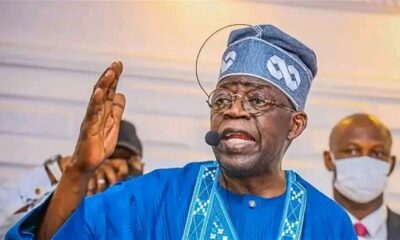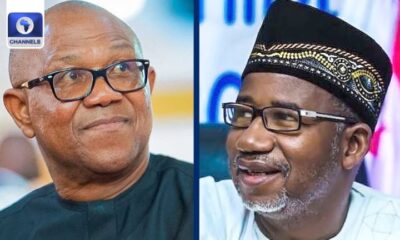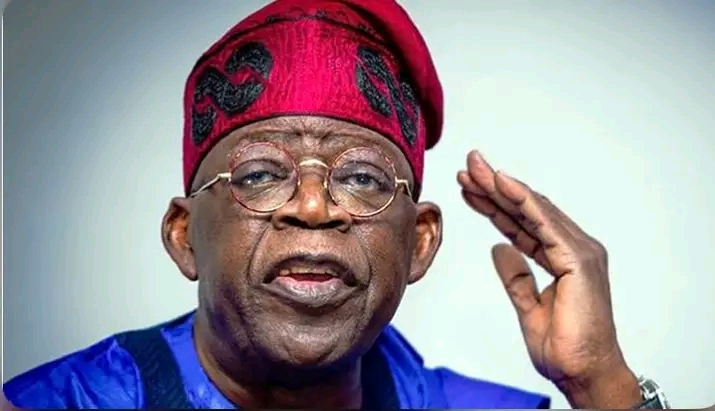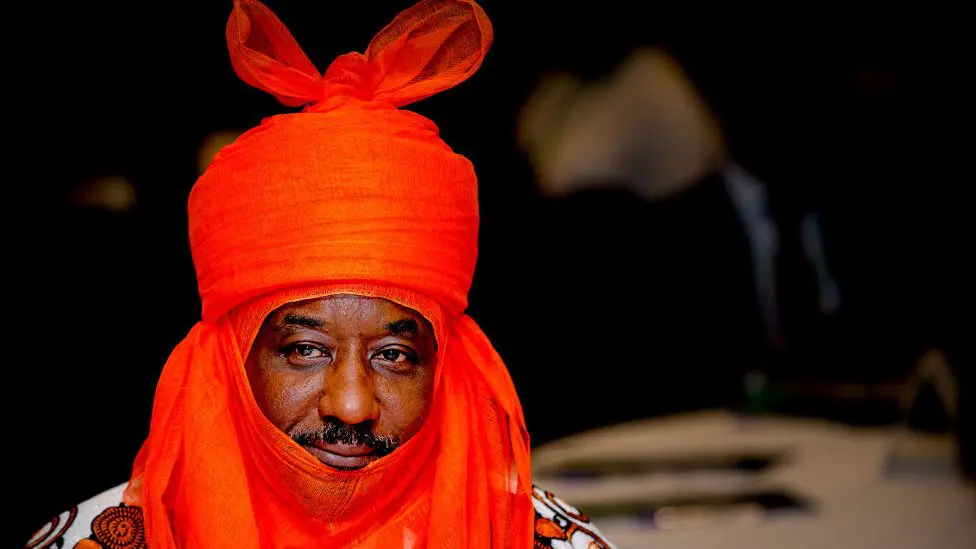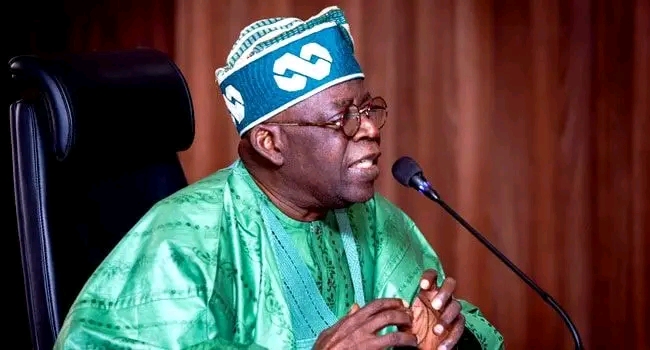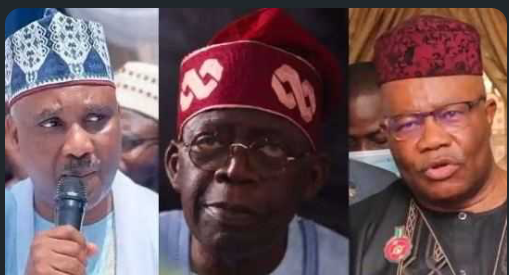Achiever's Profile
See political achievements of late Umaru Musa Yar’Adua
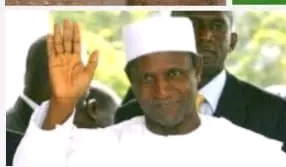
During his presidency, Umaru Musa Yar’Adua implemented several notable political initiatives and policies.
Here are some of his key achievements:
1. Seven-Point Agenda: Yar’Adua’s administration introduced the Seven-Point Agenda, which aimed to address critical areas of development and improve the well-being of Nigerians. The agenda focused on power and energy, food security, wealth creation, transportation, land reform, education, and security.
2. Niger Delta Amnesty Program: One of the significant achievements of Yar’Adua’s presidency was the implementation of the Niger Delta Amnesty Program. This program aimed to resolve the long-standing conflict in the Niger Delta region, which had been marred by militancy and unrest. The amnesty program offered a pardon to militants who surrendered their weapons and renounced violence, providing them with rehabilitation, training, and reintegration into society.
3. Electoral Reforms: Yar’Adua initiated electoral reforms to promote transparency and credibility in Nigeria’s electoral process. His administration established the Electoral Reform Committee, led by retired Justice Muhammadu Uwais, to review and propose changes to the country’s electoral system. The committee’s recommendations led to the introduction of the Independent National Electoral Commission (INEC) and other reforms aimed at ensuring free and fair elections.
4. Anti-Corruption Efforts: Yar’Adua prioritized the fight against corruption during his presidency. He established the Economic and Financial Crimes Commission (EFCC) and supported its efforts to investigate and prosecute corrupt individuals. His administration focused on strengthening anti-corruption institutions, enhancing accountability, and recovering stolen assets.
5. Power Sector Reform: Yar’Adua recognized the urgent need to address Nigeria’s power crisis. His administration launched the Power Sector Reform Roadmap, which aimed to attract private investment, improve power generation and distribution, and address the chronic electricity shortages in the country. This initiative sought to diversify Nigeria’s energy sources and increase access to reliable electricity for both urban and rural areas.
6. Infrastructure Development: Yar’Adua made efforts to improve Nigeria’s infrastructure, including road networks, railways, and housing. His administration invested in the construction and rehabilitation of critical infrastructure projects across the country, with a focus on enhancing transportation networks and providing affordable housing for Nigerians.
7. Diplomatic Relations: Yar’Adua pursued a policy of constructive engagement with the international community. He worked to improve Nigeria’s relations with neighboring countries and played an active role in regional and international organizations, such as the African Union and the United Nations. Yar’Adua’s administration sought to enhance Nigeria’s diplomatic influence and promote cooperation on regional and global issues.
Yar’Adua’s presidency was cut short due to his untimely death in 2010. Nonetheless, his initiatives and policies had a significant impact on Nigeria’s political landscape and set the stage for subsequent administrations to build upon his achievements.
-
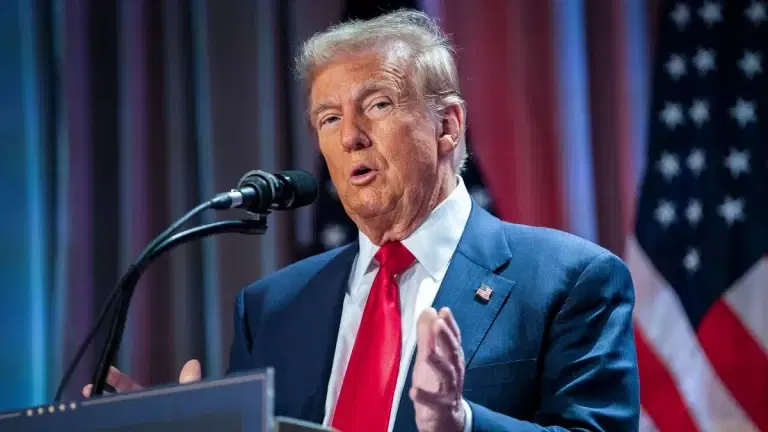
 National News2 days ago
National News2 days agoTrump approves travel ban on 12 countries, citing security concerns
-

 Education2 days ago
Education2 days agoStop studying useless courses – Odumeje sparks debate with advice to Nigerian students
-

 Politics1 day ago
Politics1 day agoPDP targets David Mark as new party chairman
-
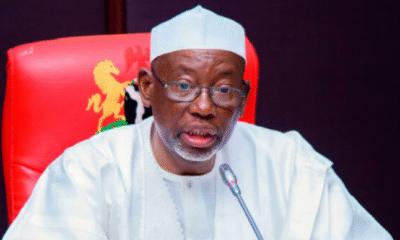
 Metro News1 day ago
Metro News1 day agoGovernment uncovers 7,000 ghost workers on payroll
-

 Entertainment2 days ago
Entertainment2 days agoMixed reactions as church members dance to Davido, Omah Lay’s song during service
-

 Metro News1 day ago
Metro News1 day agoDetails emerge on young graduate who d!ed in Cocoa House fall
-

 Politics1 day ago
Politics1 day agoIjaw president backs Fubara on joining APC
-

 Sports1 day ago
Sports1 day agoNations League: Ronaldo’s winner sets another scoring record


